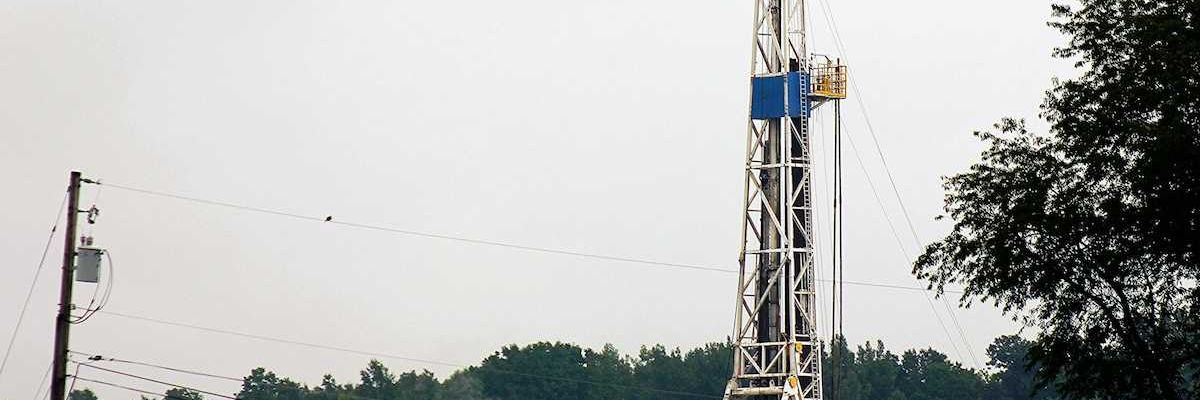new hampshire
Citizen scientists map New Hampshire’s beaches
Citizen scientists have spent six years helping to track the changes in New Hampshire's coastline, providing crucial data on how different beaches respond to weather events.
In short:
- Volunteers monitor 15 beach stations, collecting data on elevation and sand volume to understand coastal changes.
- Training involves stringent procedures with UNH scientists to ensure accurate data collection.
- Findings help identify vulnerable beaches and foster community engagement with coastal science.
Key quote:
“Where are the beaches that need the most help to prevent the worst impacts of storms?”
— Larry Ward, one of the principal investigators of the University of New Hampshire’s Volunteer Beach Profile Monitoring Program
Why this matters:
New Hampshire’s coastline, though short, is a microcosm of broader environmental challenges. As sea levels rise and weather patterns become more erratic due to climate change, understanding how our beaches evolve is more important than ever.
As carbon pricing picks up around the globe, lawmakers urge NH to get on board
New Hampshire's primary once pushed GOP to action on acid rain. Climate change is another story
Climate change impacting Lake Winnipesaukee ice-out and ice-in dates
Climate change is impacting weather patterns all around us, including milestones at Lake Winnipesaukee, New Hampshire's largest body of water.
Advocates fear N.H. clean energy proposal would pit nuclear against solar, wind
Climate and clean energy advocates in New Hampshire say a pending proposal to define nuclear power as clean energy could undercut solar and wind power in the state.









